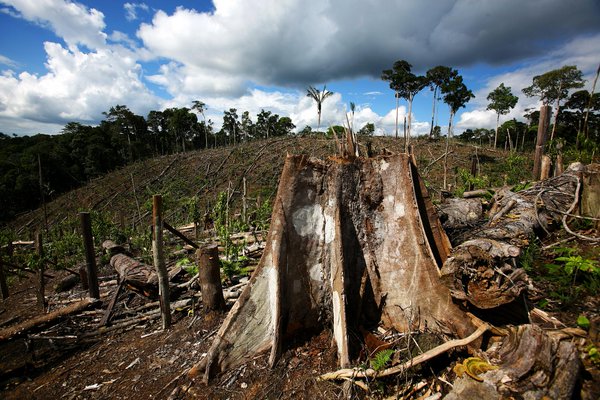
Kampala, Uganda | THE INDEPENDENT | The National Forestry Authority (NFA) is scaling up the implementation of Community Forest Management initiatives around major central forest reserves.
The initiative works in such a way that community groups are introduced to alternative sources of livelihoods as incentives for protecting forest resources. Such enterprises include piggery, beekeeping, eco-tourism and Nursery Tree planting amongst others.
The decision was based on a Pilot Community Forest Management Initiative which proved effective in reducing deforestation around 35 major central forest reserves in the country including Mabira Forest in Buikwe district.
According to the National Forestry Authority, blending protection with business enterprise development is critical in poverty reduction around the central forest reserves.
Stephen Galima, the Coordinator of the Natural Forests Management Unit at the National Forestry Authority says communities enrolled under Community Forest Management are provided with startup capital to engage in their enterprises in view of combating household poverty, thereby reducing the net pressure exerted on forest ecosystems.
Galima says that in cattle corridor regions, communities are given grazing permits to herd their livestock in central forest reserves while others benefit from proceeds derived from the sale of impounded forests products.
Currently, a number of Community Forest Management groups are participating in a USD 5 Million project by the World Bank to restore the degraded Mabira Forest landscape. Galima says they are planting Bamboo amongst others high-value tree species such as Mahogany to enrich the 2,000 hectares.
According to Galima, communities own the woodlots planted along the boundary or inside the central forest reserves. Other benefits include revenue from impounded forests produce which they share at 40 per cent while the government takes the rest.
Uganda is projected to lose its entire forest cover by 2050 unless the trend of deforestation is arrested and degraded landscapes restored. Most of the forests are destroyed for agriculture, charcoal burning and settlement.
Aisha Alibhai, the National Forestry Authority (NFA) Communications and Public Relations Manager says some community forest management groups have been trained in livelihood projects such as piggery and beekeeping for income generation by a number of non-government players.
New research conducted in Nepal by the University of Manchester says Community Forest Management initiatives reduce deforestation and poverty by up to 37 and 4.3 per cent respectively.
Aisha Alibhai agrees believes that the government should finance such initiatives in large scale to combat degradation of some of the major central forest reserves in the country. She says Community Forest Management is the right medicine for environmental degradation in Uganda.
Over the past four decades, governments and international organizations have actively promoted community-based forest initiatives as a way to merge natural resource conservation with human development. Local communities now legally manage approximately 13 per cent of the world’s forests.
******
URN
 The Independent Uganda: You get the Truth we Pay the Price
The Independent Uganda: You get the Truth we Pay the Price


